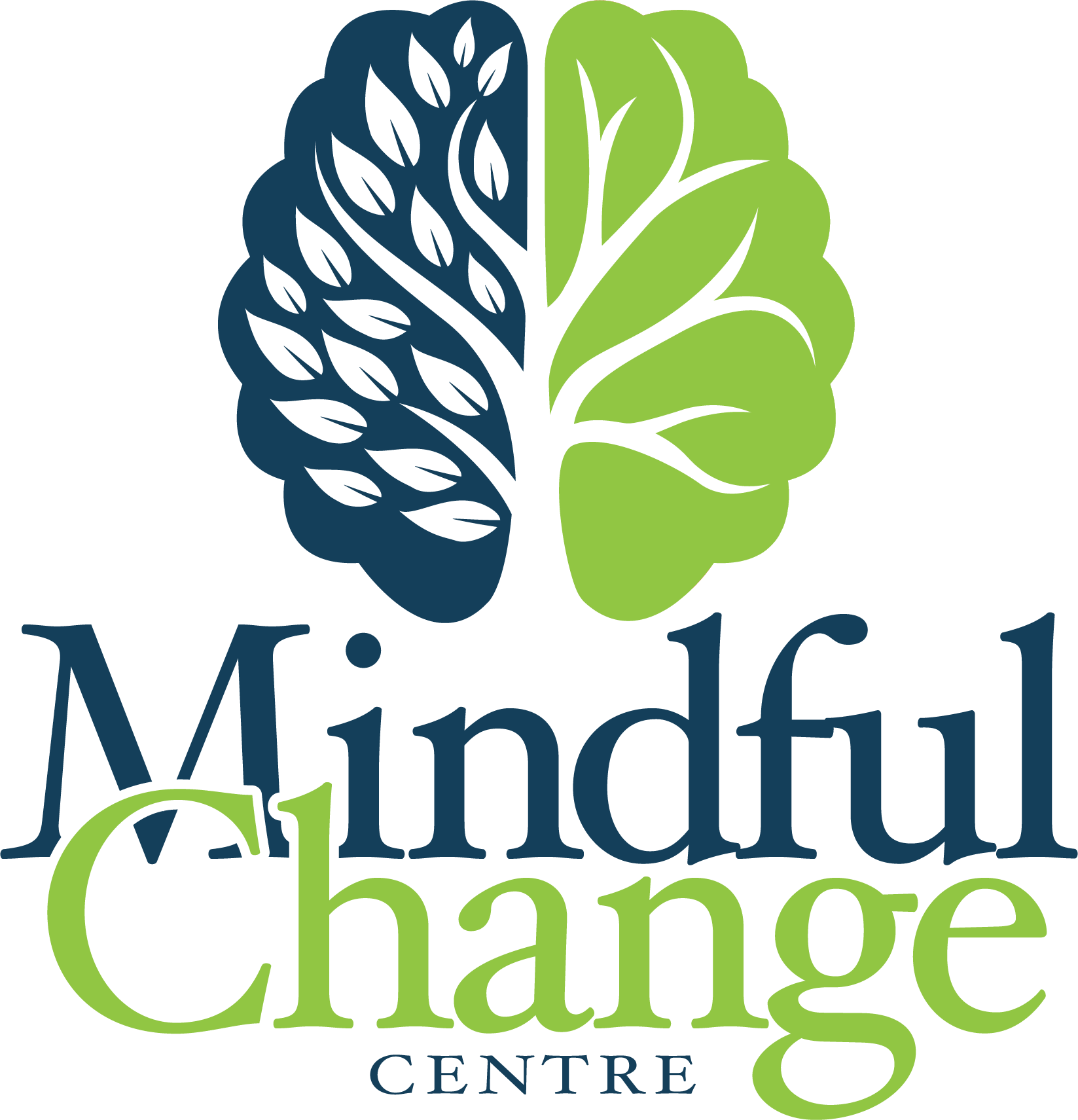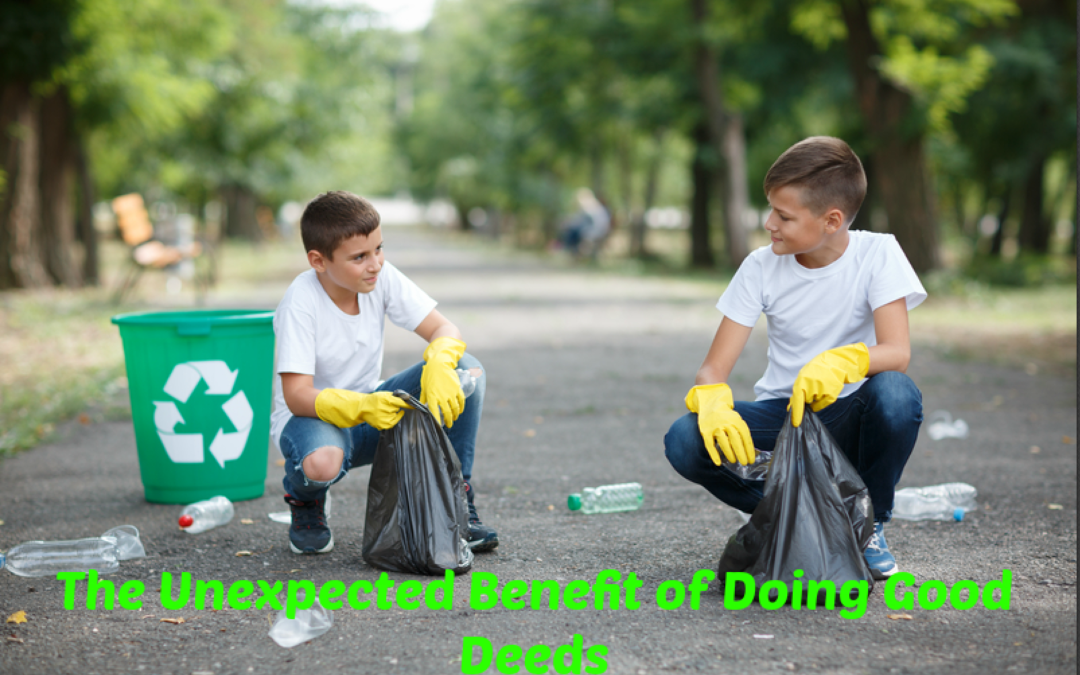“The smallest good deed is better than the grandest intention.”
– Unknown
Life is busy, and our best intentions often get lost in the bustle of day-to-day demands. However, acts of kindness are important. Not only do they make a positive difference in the life of the receiver, but they also have a positive impact on you.
People who feel supported and loved experience greater protection from disease and early death, and they tend to perform better at their jobs while having healthier relationships.
None of that is very surprising. You’ve probably heard about the studies that show the decrease in stress levels, blood pressure, heart problems, and ulcers with an increased ability to fight infection and heal in those who feel loved.
What might surprise you is that caring for others, even when you feel like nobody cares for you, gives the same (and sometimes better) results than feeling loved.
The Benefits of Good Deeds
If you have psychological challenges from emotional trauma or hurtful experiences, helping others can help you heal.
Helping others gives you a sense of being something bigger than yourself, increases the meaning you experience, and adds greater purpose to your life.
Serving others causes dopamine, a hormone linked to greater happiness and elevated mood, to release in your body. Just two to three hours each week of caring for others can lead to less depression and more happiness for you.
We tend to picture volunteering or helping others as a short-term event. However, long-term relationships can form. Short or long-term, helping others leads to you feeling less lonely and more loved.
Make It Practical
You can volunteer at a variety of places such as daycares, schools, hospitals, community centers, animal shelters, zoos, retirement centers, etc. But what if you don’t have the time to commit to regularly volunteering at organizations like the above?
Use small chunks of time when they come available or take a few minutes each day to think of ways that you can help without adding significantly to your schedule. For example:
- When you’re standing in line for a ticket to your kid’s basketball game, give the seller extra money and ask them to use it as payment for someone else’s tickets.
- Buy lunch for the person waiting on you. Since they aren’t likely to be able to eat right then, it’s best to do this with a large tip and a note/comment.
- Ask your kid or significant other if there’s something they need help with that would take 5-30 minutes, depending on the amount of time you have available.
- Take flowers to a hospital and ask the volunteers there to give them to someone who will benefit from them.
- Text an “I love you” to your parents, spouse, child, or close friend.
- Once a week, write a thank you note to someone you appreciate and send it to them in the mail.
You get the idea. Good deeds don’t need to take a lot of your time or money, but when you practice extra kindness on a frequent basis, it’ll enrich your life and be a positive impact on those you help.


 Follow
Follow